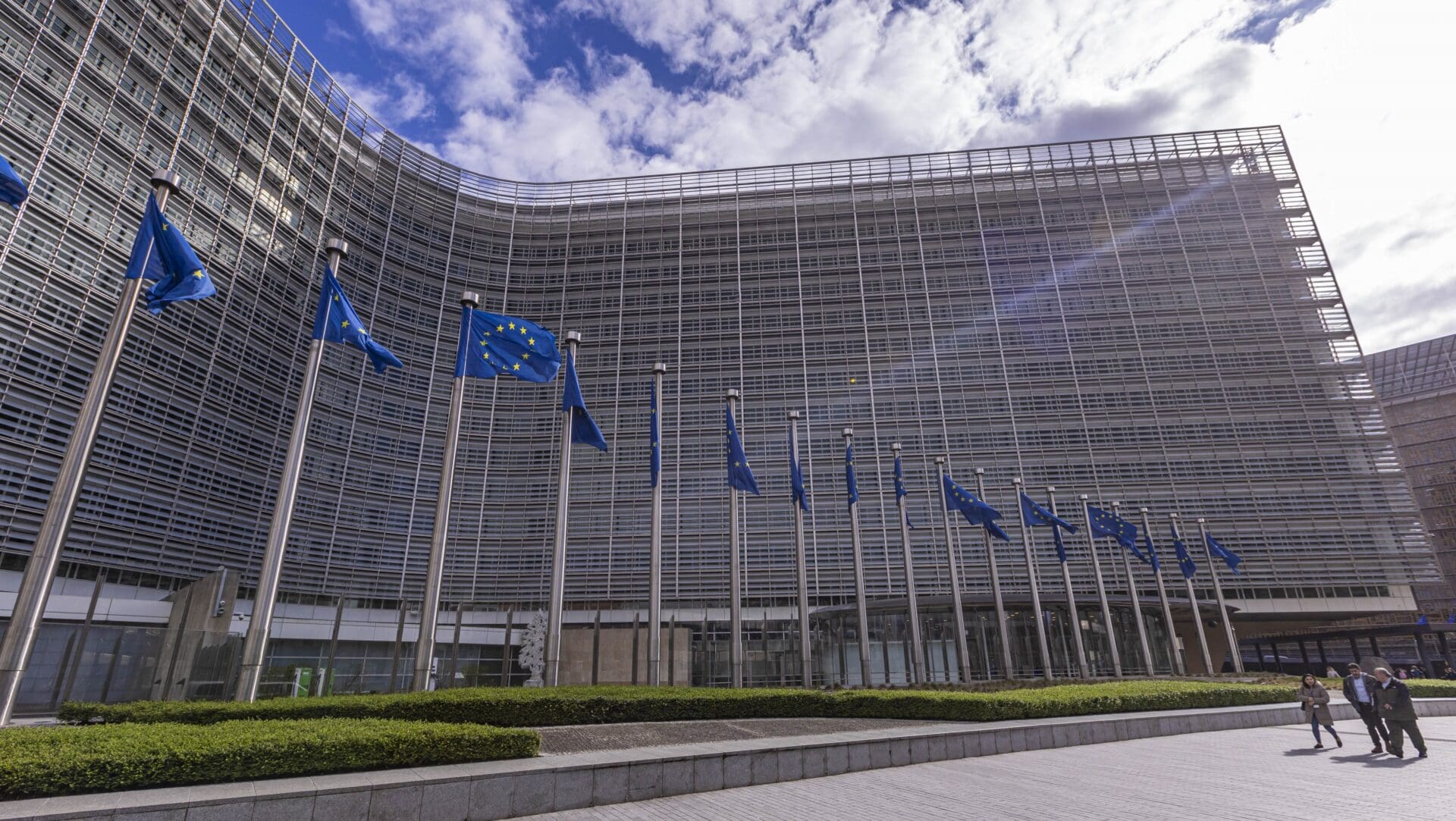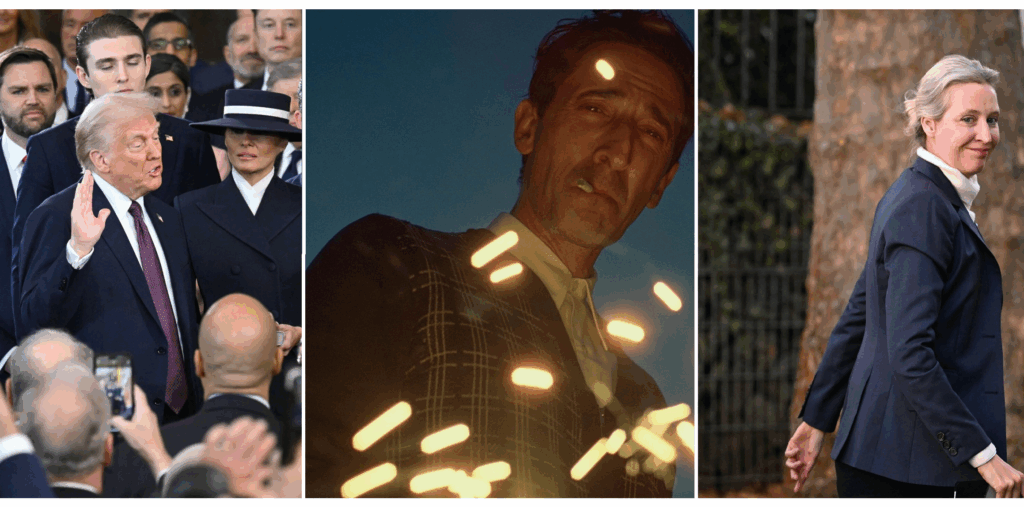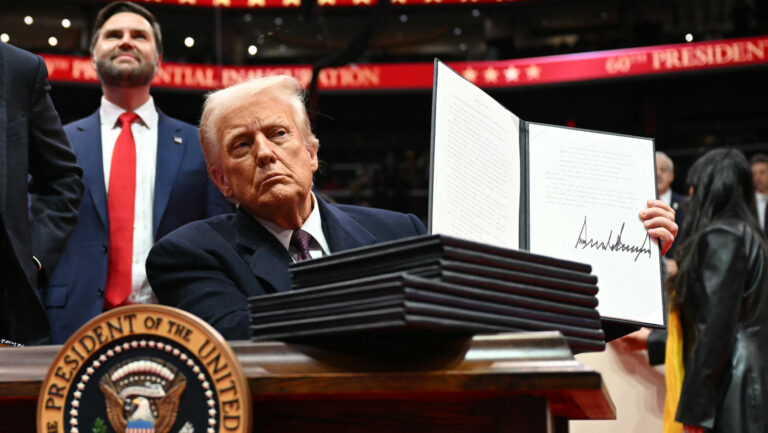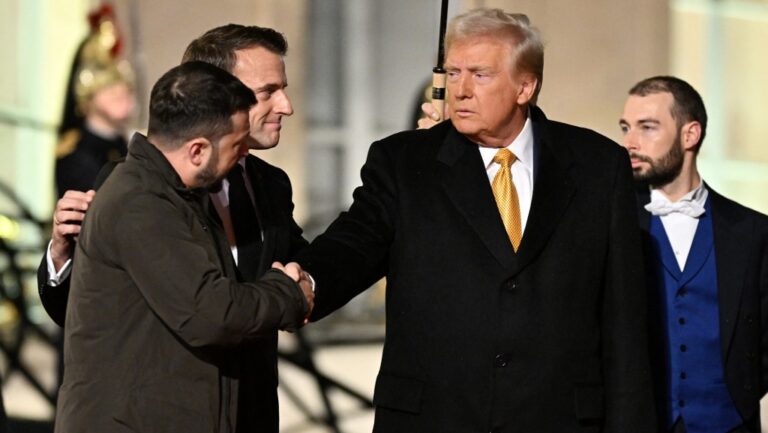The following is a translation of an opinion piece written by Ákos Bence Gát, a researcher at the Europe Strategy Institute of the University of Public Service, originally published on the Five Minutes Europe blog of Ludovika.hu.
Will the European Union remain a close alliance of independent, sovereign European states, or will it become a United States of Europe with power centralized in Brussels?
Everyday political events and the trends that emerge from them show that this is a real issue that determines our destiny. Yet many see the question as superfluous and the idea of a United States of Europe as a fantasy not even worth pursuing. This kind of controversy can be explained by several factors.
Firstly, the issue is seen from different perspectives by Hungarians and Western Europeans.
For the past decade and a half, Hungarians have experienced first-hand the EU institutions’ increasing interference in domestic policy issues. The EU’s political and institutional elites are trying to impose their will on Hungary by exerting increasingly robust political and financial pressure, including those based on the rule of law debate. This reflexively prompts us to reflect on the state of national independence and sovereignty.
However, most EU countries have not experience direct, heavy-handed EU pressure. As a result, citizens in these Member States do not perceive the tension between the EU and national levels in the same way as Hungarians. Citizens of other EU countries have some knowledge about the conflict between Hungary and the EU, but it is mostly perceived as a political disagreement between the Hungarian and EU leadership, rather than as a struggle between the national and EU levels.
Secondly, there is an even more important factor that makes Europeans not recognize the danger of centralization in Brussels:
the construction of the United States of Europe is being carried out covertly, in secret.
The European elite building the project generally does not reveal its real objectives to the public, and in some cases even denies them, in order to avoid democratic debate and possible opposition from citizens.
The words of former EU Commissioner Viviane Reding are a good illustration of this phenomenon:
‘When people ask politicians today “What will become of Europe?” or “Where is European integration heading?”, we usually give an evasive answer. “We don’t want a super state” that is generally the first thing we say, for fear we might be misunderstood by neoliberals, the defenders of national sovereignty, or the German Constitutional Court. And then usually: “You know, the EU is a sui generis construction”. “We don’t want a European federation, but instead a confederal or federal construct” or a “confederacy of nation states”.
After my many years of experience, I can well understand this kind of verbal gymnastics, even if it makes constitutional experts’ hair stand on end. I must admit that I have in the past often resorted to this kind of thing myself.’
The United States of Europe is being built in the dark, without the public’s knowledge. The words of Jean-Claude Juncker, former President of the European Commission, are also instructive regarding this stealthy expansion. Juncker described the process of European ‘construction’ as follows when he was still Prime Minister of Luxembourg:
‘We decide on something, then leave it on the table and wait to see what happens. If no one gets upset, because most people don’t even understand what our decision means, we move forward step by step until there’s no turning back.’
What is remarkable about Juncker’s ideas is not just that Europe’s political structure is being reshaped without properly informing the public. What is also telling is that they are trying to secretly lay such building blocks that will, in time, lead to a real transformation of power that will not be reversible.
The question, then, is not whether the idea of a United States of Europe is fantasy or reality. The question is whether, when the shroud comes down and it becomes clear how deep the foundations of the new political order have been laid, there will be a way back or not.
Related articles:
Click here to read the original article.







